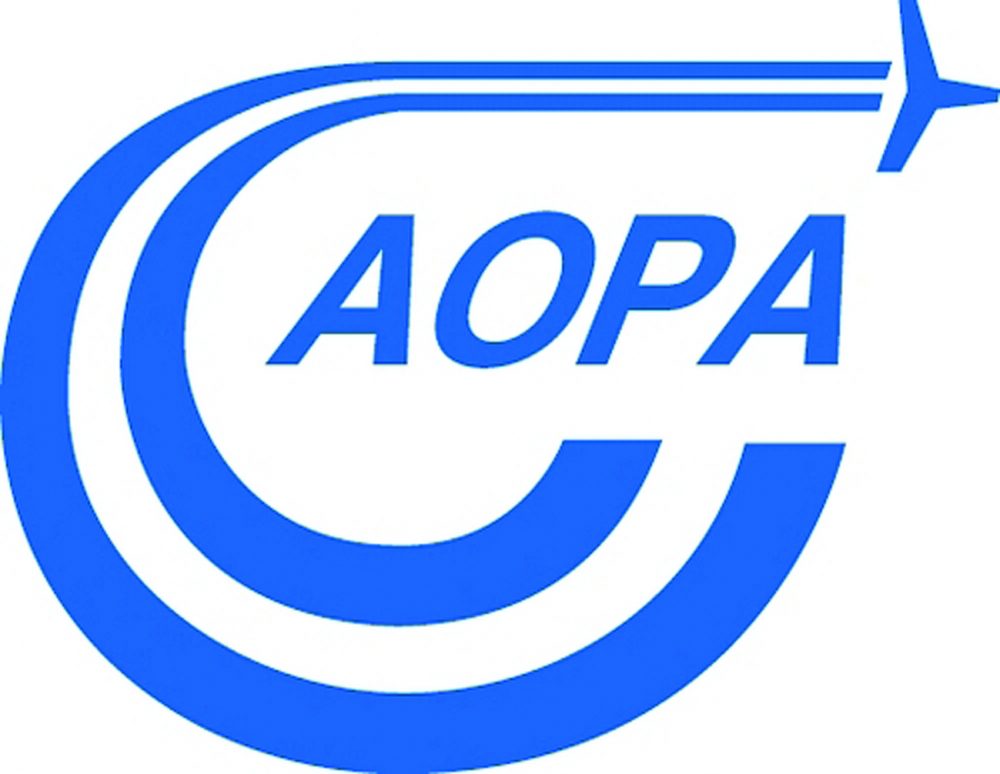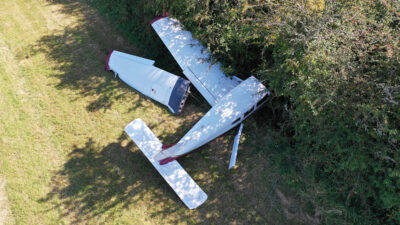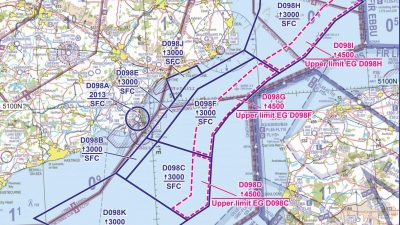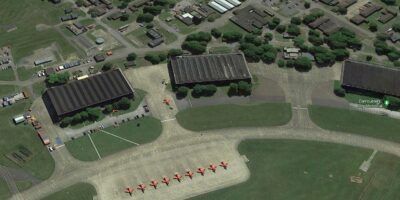On 19 January 2006 I was called to give evidence before a Transport Committee, whose Chair was the indomitable Mrs Gwyneth Dunwoody and a panel of eight MPs on the “Work of the Civil Aviation Authority”.
I began by saying that the fundamental problem was the lack of Government policy. Today we have the GA Road Map which I think is unlikely to aid growth in the activity.
Talking about carbon and electrification of GA aircraft will not be on most aircraft owner’s agenda. How to reduce operating costs without compromising safety I think is much more relevant. That and maintaining aerodromes through a proper national Government policy whereas today most GA aerodromes are left to local decisions as has been the case for decades.
Another subject that would help certified GA would be if the CAA automatically accepted FAA STCs for privately used GA aircraft up to 5700kg as a starting point.
Whilst proportionate risk-based regulation would benefit GA there is no direction as to how this may be achieved.
Prior to the 2006 hearing I submitted a Memorandum to the Committee covering six points which was then used to form some of the discussion. They included:
- No independent oversight of the CAA*
- CAA’s excessive charges and over-regulation
- CAA senior executives change too often (led to eventual creation of CEO position)
- Commercial Aviation and GA have entirely different financial environments
- Over-regulation
- No justification for 6% tax (which has since been reduced to 3.5%)**.
*No ombudsman to appeal to about decisions taken by CAA where they could be challenged.
**We were concerned about the CAA’s charges as applied to GA.
The point was made about the rationale of the CAA and that must be examined, this came out of the Joint Review Team later in 2006. But AOPA was excluded from that review! Recently the CAA announced it was starting to look at alternative funding models (15 years later), primarily I believe because of the pandemic.
However, the primary principle is that charging the regulated entity remains unchanged. Therefore, I do not expect that the fees GA pay to the regulator will change a great deal over the coming years.
However, the CAA doesn’t have it within its gift to change what the Government requires of them. It will be up to the Government to amend the charging principles, just as in the same way the Government could zero rate VAT on flight training – if it wanted to. The problem is the hierarchy of Government where the Treasury trumps all other departments.
I also brought up in 2006 the subject of GNSS approaches. The CAA trialled six overlay approach procedures in 2007 to assess whether GNSS approaches were safe to introduce as permanent procedures! The French were already publishing GNSS approaches, whilst EGNOS promised a safer signal due to augmentation, the Government is now saying it is looking at the feasibility of a national augmented system by the end of this decade – so in 15 years we’ve not moved very far.
In responding to Mrs Dunwoody, I said, “The CAA was slow to react to new technology.” I referred to GPS based approvals for GA aerodromes, which would provide more business opportunity as well as improved safety for GA pilots. 15 years later I stand by my words.
In March 2015 the DfT / CAA worked up a GA Strategy. Robert Goodwill MP was the Secretary of State for Transport, and the Right Honourable Grant Shapps MP was a minister without portfolio. York Aviation was commissioned to carry out some economic research which provided some economic rigidity to the claims being made by GA. £30 billions of Gross Value Added (GVA), supporting more than 38,000 jobs.
In 2006, in an interview AOPA did when the head of EASA was Patrick Goudou, he recognised and said it was his intention to reduce the burdens on GA. He also said we need GA in Europe, and we need to promote it because it is weak. Yet after nearly 20 years of EASA, GA remains weak, because the policies remain wrong.













1 comment
A deeply depressing but accurate assessment of the position.